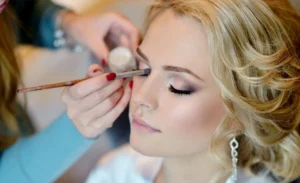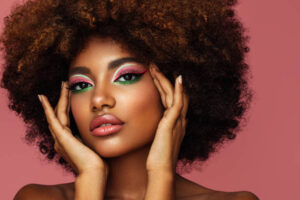Should i use makeup primer if i have acne
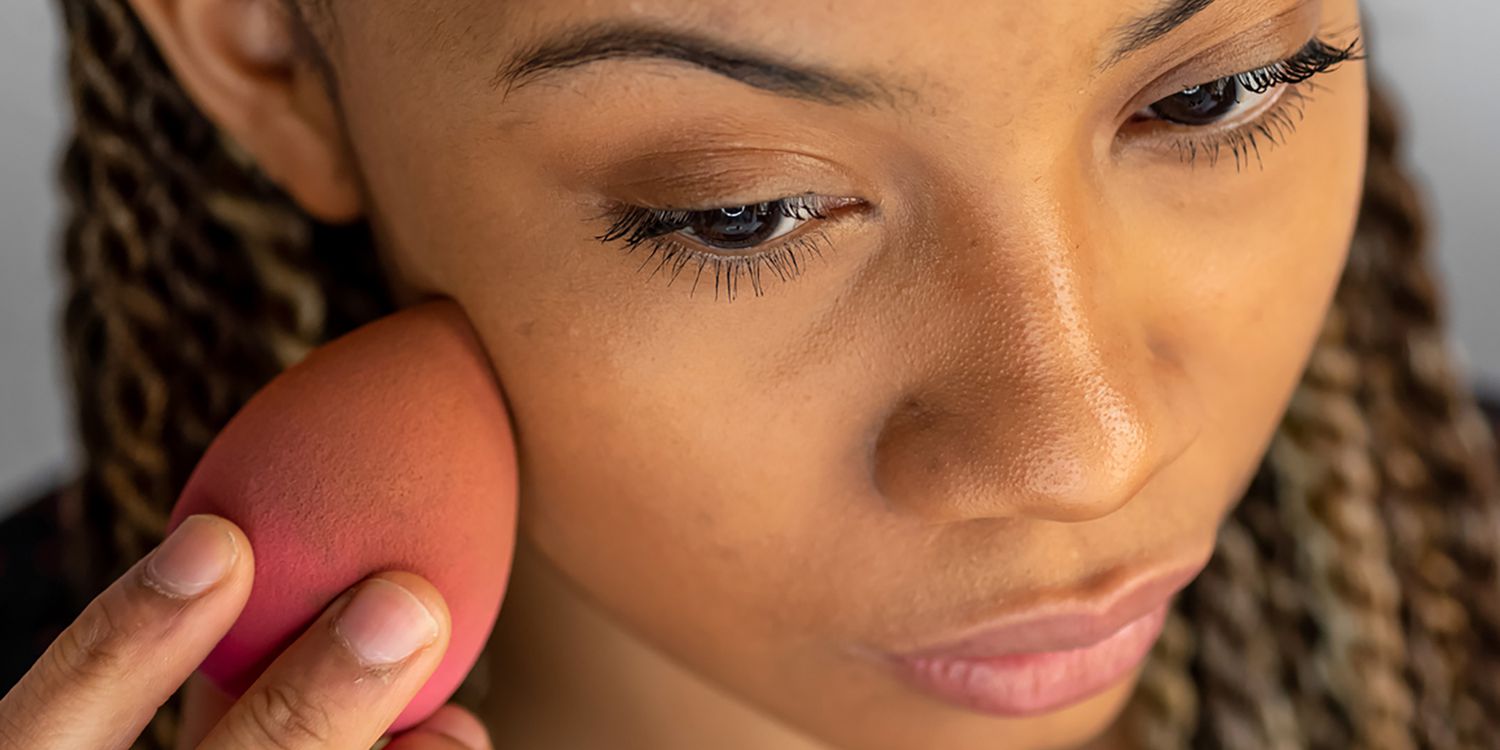

Imagine primer as the supportive best friend to your foundation. Just like a good friend helps you feel great and look even better, a primer aims to create that smooth canvas for your makeup. But if you’ve got acne, it’s understandable to have concerns about caking up and irritating your skin more. The real trick lies in choosing the right primer. Opt for a non-comedogenic formula—this fancy term simply means it won’t clog your pores. Ingredients like salicylic acid can work wonders, helping to combat those pesky breakouts while prepping your skin for the day.
- Makeup Primer: Your Acne’s Best Friend or Foe? Discover the Truth!
- To Prime or Not to Prime: The Best Makeup Practices for Acne-Prone Skin
- Does Makeup Primer Help or Hurt Acne? Experts Weigh In!
- The Secret Ingredient? How Makeup Primer Can Transform Acne-Kissed Skin
- Acne and Makeup Primer: A Comprehensive Guide for Flawless Application
- Should You Skip the Primer? Navigating Makeup Choices with Acne in Mind
- Breaking Down the Myths: Power of Primer for Acne Struggles
Now, let’s talk about that silky finish. Using primer can actually help control oil and shine, which are often players in the acne game. It’s like getting a protective barrier that allows your foundation to sit pretty, rather than melt away or accentuate blemishes. Plus, let’s be real—who doesn’t love the feeling of an even, perfected surface when you apply makeup?
Makeup Primer: Your Acne’s Best Friend or Foe? Discover the Truth!
Think about a makeup primer as your skin’s best undercoat. Just like a painter preps a canvas to make colors pop, a primer preps your face for foundation. It creates a smooth base, filling in those pesky pores and fine lines. But here’s where things can get tricky. Some primers are loaded with ingredients that could turn your complexion from “wow” to “whoa.” If you have acne-prone skin, the last thing you want is a product that clogs your pores deeper than a traffic jam.
Now, not all primers are created equal. Some are like that helpful friend who always knows what to say, while others might be like a well-meaning but clueless buddy who just makes things worse. Look for oil-free, non-comedogenic formulas—these are your allies. They’ll keep shine at bay and let your skin breathe, rather than suffocate it under layers of heavy ingredients. It’s all about choosing the right formula that complements your skin type.
And let’s talk texture! A silky, lightweight primer can feel like a soft blanket on your skin, while overly thick ones might feel suffocating. Imagine wearing a raincoat on a sunny day—uncomfortable, right? So, when picking your primer, listen to your skin. It knows what it needs.
The truth is, when used correctly, a primer can be a powerful tool in your makeup arsenal. It can help your foundation stay put while reducing the appearance of blemishes. But remember, it’s all about finding that perfect match for your skin’s needs!
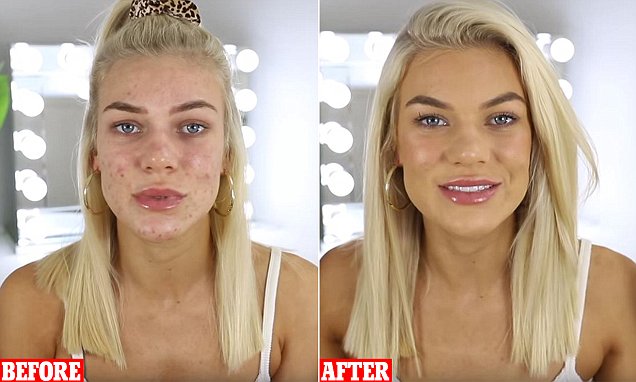
To Prime or Not to Prime: The Best Makeup Practices for Acne-Prone Skin
Using primer can be a game-changer. A quality primer formulated for acne-prone skin can help smooth out your complexion, minimize the appearance of pores, and keep your makeup in place all day. It’s like laying down a smooth road before a car race—without it, you might hit bumps along the way. Just make sure to look for non-comedogenic options. You don’t want to trap oil and dirt, right?
Now, let’s talk texture. Silicone-based primers can feel fantastic, but if your skin is particularly reactive, consider a lightweight, gel-based primer. It’s refreshing and won’t suffocate your skin. You know that feeling when you dive into a cool pool on a hot day? That’s how a good gel primer can feel!
Don’t forget about ingredients! Look for ones infused with salicylic acid or tea tree oil. Think of them as your skin’s little warriors, fighting off breakouts while you focus on your makeup game.
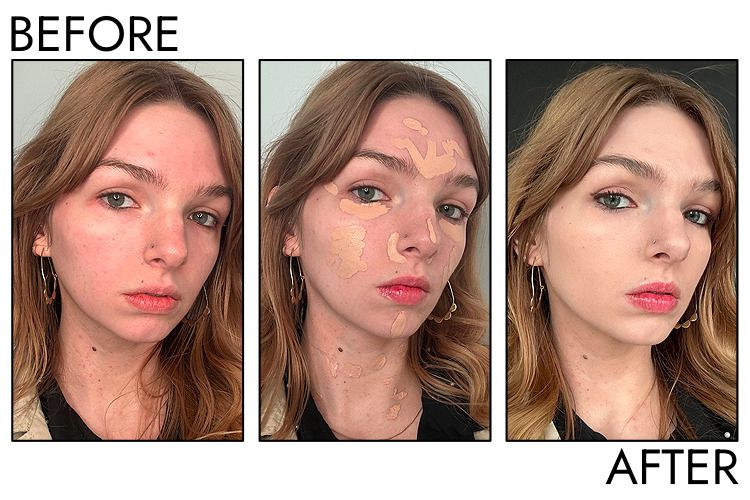
Does Makeup Primer Help or Hurt Acne? Experts Weigh In!
Think of primer as the foundation’s best friend, smoothing out imperfections and providing a canvas for your makeup. It can make your application look sleek, but if you have acne-prone skin, the wrong primer could feel like adding fuel to the fire. Imagine slapping on a layer of paint over cracked walls—you think it’s helping, but really, it just highlights the flaws beneath.
Experts have mixed opinions on this topic. Some dermatologists argue that certain formulas can clog pores, leading to breakouts. If you’ve ever felt like your skin’s playing a cruel game of hide-and-seek with zits, you’ll understand why this is concerning. On the flip side, there are primers tailored for acne-prone skin. These often contain ingredients like salicylic acid, which can actually help keep your skin clear while giving that sought-after smooth finish. It’s like having a trusty umbrella on a rainy day—protective yet useful!
The real key lies in reading labels and choosing wisely. Look for oil-free, non-comedogenic products—those fancy terms just mean they won’t cause blockages. Testing out samples can also save you from a makeup-meltdown moment because, let’s face it, nobody wants to pop open a whole tube only to discover it’s not the right fit.
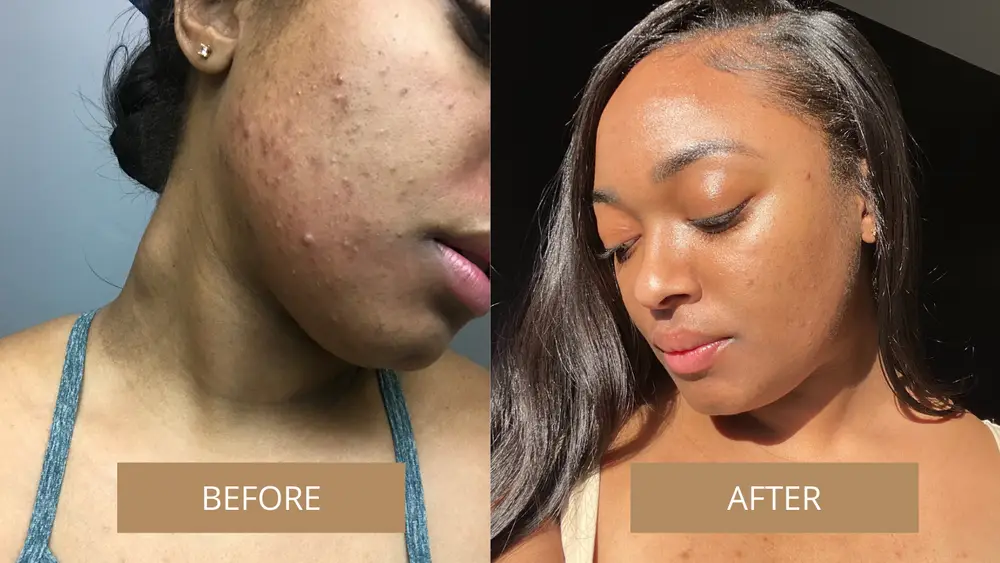
The Secret Ingredient? How Makeup Primer Can Transform Acne-Kissed Skin
You might be wondering, “Isn’t primer just another fancy product?” Well, let’s break it down. Think of your skin as a blank canvas and primer as the quality paint that makes a masterpiece possible. When you apply primer, it fills in those little indentations and rough spots, making those blemishes less pronounced. It’s like having a soft filter that keeps your makeup looking fresh and flawless all day long. Plus, it helps your foundation adhere better, which means less need for touch-ups. Who doesn’t love that?
Another fantastic perk is that many primers come packed with nourishing ingredients that can actually help your skin instead of just sitting on top. Some are designed with mattifying properties to zap away excess shine, which is super helpful if you’re prone to breakouts. Others may contain ingredients like salicylic acid, which battles those blemishes even while you’re looking fabulous.
So, the next time you’re gearing up for a night out or just trying to conquer the everyday grind, don’t overlook the magic of makeup primer. It could be just the game-changer you didn’t know you needed, turning your skin woes into a canvas of confidence!

Acne and Makeup Primer: A Comprehensive Guide for Flawless Application
Makeup primer is like a magical barrier between your skin and makeup. Consider it a cozy blanket for your face. It smooths out the bumps and imperfections, making it way easier to apply foundation. If you’re dealing with acne, look for primers that are oil-free and non-comedogenic (fancy term for “won’t clog your pores”). These primers help to absorb excess oil and keep your skin fresh throughout the day.
Before you slather on that primer, let’s talk about prep. Cleansing your skin is step one. Think of it as decluttering your workspace before starting an important project. After you cleanse, apply a lightweight moisturizer to keep your skin hydrated—but don’t go overboard! A little goes a long way.
Once your skin is prepped, grab your makeup primer. A pea-sized amount usually does the trick. Gently pat it onto your cheeks, forehead, and chin—wherever you typically break out. Avoid rub-rub-rubbing; you want to let it sink in like a sponge soaking up water.
Now, here comes the fun part: applying foundation! With the primer acting as a shield, you’ll notice your makeup glides on smoother and stays put. It’s like spinach for your makeup bag—nutritious and so good for your skin.
Remember, the goal isn’t to cover up; it’s to enhance your natural beauty. And with the right primer, you can conquer the world with confidence, acne and all!
Should You Skip the Primer? Navigating Makeup Choices with Acne in Mind
Primer serves as a barrier between your skin and makeup, smoothing out imperfections and helping foundation adhere better. But when you’re battling breakouts, the thought of piling on another layer can feel like inviting trouble. So, what to do? Well, consider your skin’s needs. If your acne-prone skin is oily, a mattifying primer can help control shine and keep your makeup from sliding off like a slick ice rink. On the other hand, if you’re dry, a hydrating primer might be your new best friend. Think of it as giving your skin a refreshing drink before the party begins.
Now, let’s get real. Have you ever skipped primer only to find your makeup is patchy, looking like a toddler went wild with crayons? Trust me, primer can help create a smoother surface that makes your foundation look flawless. But, if you find that certain formulas exacerbate your acne, it might be worth experimenting with different types or even finding one that’s specifically designed for sensitive skin.
Also, pay attention to the ingredients! Look for non-comedogenic products that won’t clog your pores. After all, nobody wants a makeup choice that could lead to a breakout. So, weigh the pros and cons, listen to your skin, and remember that everyone’s journey in navigating makeup with acne is uniquely their own.
Breaking Down the Myths: Power of Primer for Acne Struggles
Let’s address the elephant in the room—myths surrounding primer. Some might say it clogs pores, but here’s the kicker: modern formulations are designed with acne-prone skin in mind. Many brands infuse their primers with skin-loving ingredients that hydrate without suffocating. It’s like giving your skin a soft, breathable blanket instead of a suffocating coat. So, if you’ve been shying away from primers, you might want to rethink that stance.
Then, there’s the idea that primers are optional—just an extra step in an already busy routine. But consider this: a solid primer can create a smooth, flawless canvas that diminishes the appearance of blemishes. It’s akin to laying down a fresh, even coat of paint before decorating a room. A little extra time spent on primer can save you from battling uneven texture all day long.
#Should i use makeup primer if i have acne
